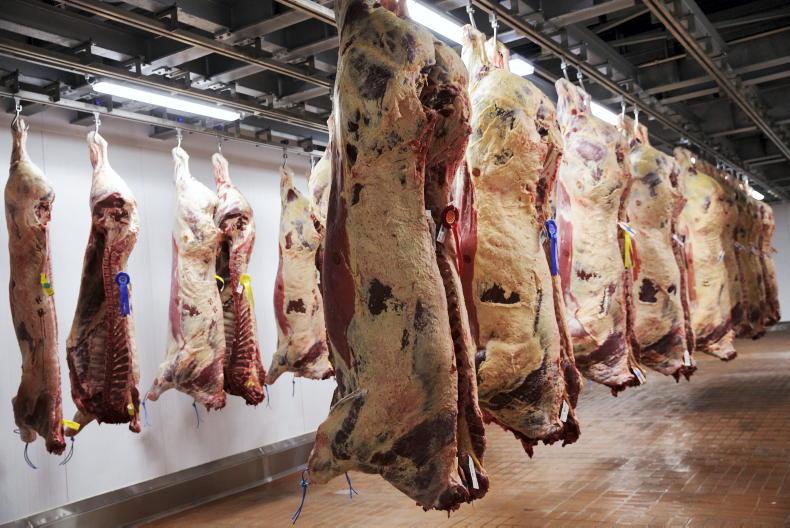Mairead McGuinness, Fine Gael MEP and Vice-President of the European Parliament
The US is the EU’s most important trade partner, so it's no surprise that negotiations are underway on TTIP.
In the EU, concerns about how an agreement might impact on standards, on dispute settlement and other issues have been raised.
On a recent visit to Washington, I was surprised by the low level of political engagement on TTIP, compared with the EU.
In the US, there is more focus on the next election and on the TPP (Trans-Pacific Partnership) and on the TPA (Trade Promotion Authority).
EU negotiators have stressed that standards in the area of the environment, protection of privacy as well as workers' and consumer rights will not be diminished.
EU citizens appear to be sceptical about those reassurances. Farmers are concerned too, but there are mixed views, with opportunities for dairy produce and threats for beef production if there are no safeguards.
What would change, if an agreement is reached, would be around regulation and unnecessary red tape imposed by both sides on each other's produce (food and non-food).
In theory this should be beneficial for trade.
In practice it would also allow the EU and the US to focus limited resources on inspecting imports from third countries - something which needs more attention.
Meanwhile, if agreement is reached the European Parliament will have to give its consent.
Right now there is much lobbying for rejection, even before we have details of a deal. Expect this lobbying to intensify if we get closer to an endgame.
Matt Carthy, Sinn Féin MEP
Since becoming MEP I have consistently raised concerns about TTIP. These concerns include the manner in which this Agreement is being negotiated, the inclusion of an investor-state dispute settlement (ISDS) mechanism (which would allow corporations to sue sovereign governments), consequences for workers rights and environmental protections and the potential impact on Irish agriculture.
Chief among concerns for agriculture lie with the impact a TTIP agreement could have on the beef sector. The US and the EU differ substantially when it comes to beef production – for example, the US has developed factory-style production with four firms controlling 80% of production. It is a far cry from the family farm model which we have so much pride in.
There is little doubt the US would like to see EU regulation loosened up to have greater access to this market. The US has consistently challenged the EU ban on hormone beef. While TTIP may not initially allow for hormone injected beef, it could see a vast increase in quota for US beef to Europe.
The beef sector is among the most important Irish industries, supporting over 100,000 family farms and is vital to the sustainability of many rural communities. Forcing Irish farmers to compete with an influx of cheaper US beef imports will have devastating consequences for our beef sector.
The Irish government should see its role as one of defending the interests of Ireland in any TTIP agreement.
Sinn Féin and I will continue to raise the valid concerns of the people we represent.
Marian Harkin, Independent MEP
The proposed EU/US trade deal has sparked considerable debate and controversy on both side of the Atlantic. The claims often contain a grain of truth but rarely the whole story. Yes, there are opportunities but there are also threats and all will depend on the final agreed text of the deal.
Crucially, the European Parliament has a Yes or No vote on the final agreement and because of this we work to influence the ongoing negotiations. During the last few months, the Parliament has produced 11 Opinions from different Committees and I wrote the Opinion from Employment and Social Affairs. Some of the headline recommendations contained in my Opinion include a rejection of ISDS and a guarantee that EU standards will be upheld.
Overall, agriculture must be seen as a strategic sector for the EU with the issue of food security at the top of the agenda. Furthermore, under no circumstances should agriculture be used as a "bargaining chip" to secure a better deal in other sectors.
Equivalence of standards in all sectors, from dairy to beef to pig meat and poultry is a core requirement in any deal, as is the prohibition on hormones, growth promoters and feed additives. Beef must be treated as a sensitive product and as the suckler herd would bear most, if not all, of the adjustment costs of higher beef imports; a maximum beef quota should apply, not just to this trade deal but to a combination of all trade deals.










SHARING OPTIONS